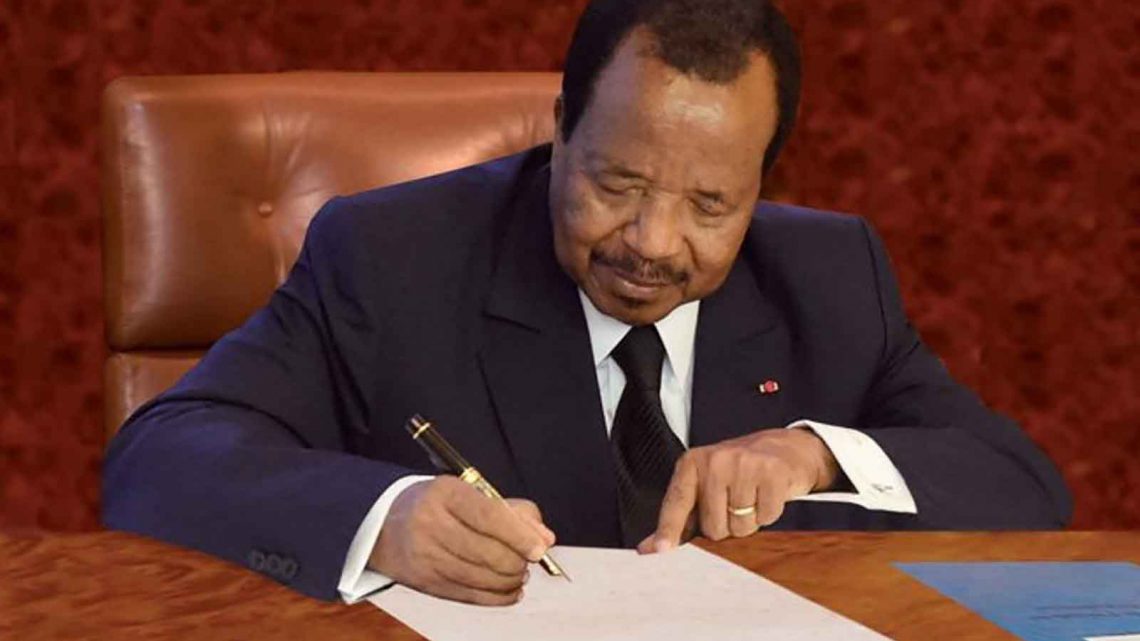Published on : 1/05/21 3:16 AM

Cameroon’s Ministry of Finance has just released the budget execution situation as of the end of June 2020. This mid-term report focuses on three areas: mobilization of budgetary resources, monitoring of budgetary expenditures and finally the basic budget balance.
With regard to budgetary resources, the State of Cameroon mobilized resources amounting to 2516.8 billion CFA francs at the end of the first half of the year. They increased by 136.5 billion CFA francs compared to the first half of 2019. This increase is mainly attributable to loans and grants. It should be noted, however, that the total budgetary resources provided by the State have been revised downwards, thus reducing the budget by 542.7 billion CFA francs to 4,409 billion compared to 4,951.7 billion CFA francs in the initial budget law.
As regards budgetary expenditure, at the end of June 2020, total budgetary expenditure ordered amounted to 2117.1 billion compared with 2197.7 billion at the end of June 2019, i.e. a fall of 80.6 billion between the two periods. This decrease is mainly observed in investment expenditure and public debt servicing. Current expenditure, on the other hand, increased by 52.6 billion year-on-year to stand at 1160.3 billion at the end of June 2020. Compared to the 2231.7 billion planned for the year, their execution rate is 52%.
As regards the basic budget balance, at the end of the first half of 2020, the overall basic balance stood at -816.4 billion. The primary balance based on ordinances is -584.8 billion, and the non-oil primary balance is -1169.3 billion. On the basis of the assumption of responsibility, the primary balance is -528.2 billion, and the non-oil primary balance is -1,112.7 billion.
Recall that the 2020 state budget was executed in a special context. In particular, the restrictions of activities, internationally, and economic disruptions caused by the Covid 19 pandemic that broke out in China in December 2019 and quickly spread around the world. A situation that led to the confinement of a good portion of the world’s population for the first four months, the mothballing of production of many companies and the disruption of supply chains. At the national level, the context of budget implementation is marked by, among other things, the holding of the double vote of legislative and municipal elections on February 09, 2020, the health, economic and social consequences of the pandemic of COVID-19, with in particular the multiplication of confirmed cases and the expected recession of the national economy. The estimated growth rate for 2020 has been revised downwards and is now at -1.1% against 4% previously.